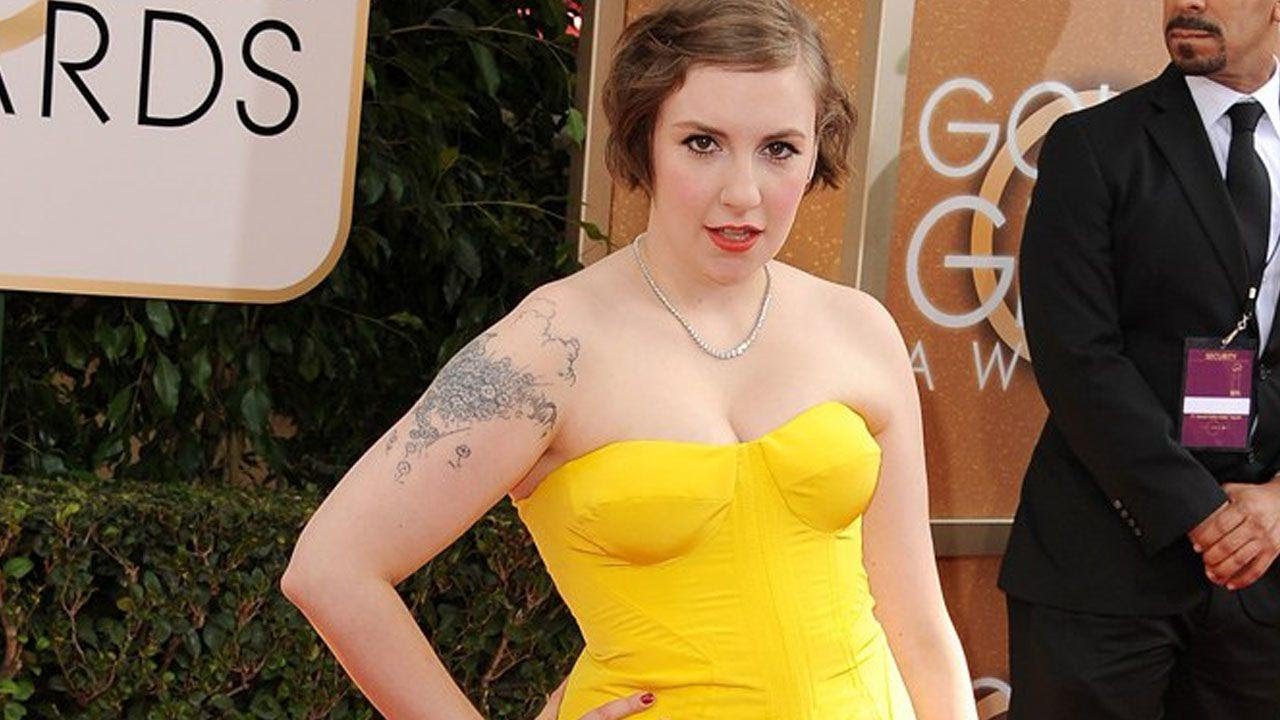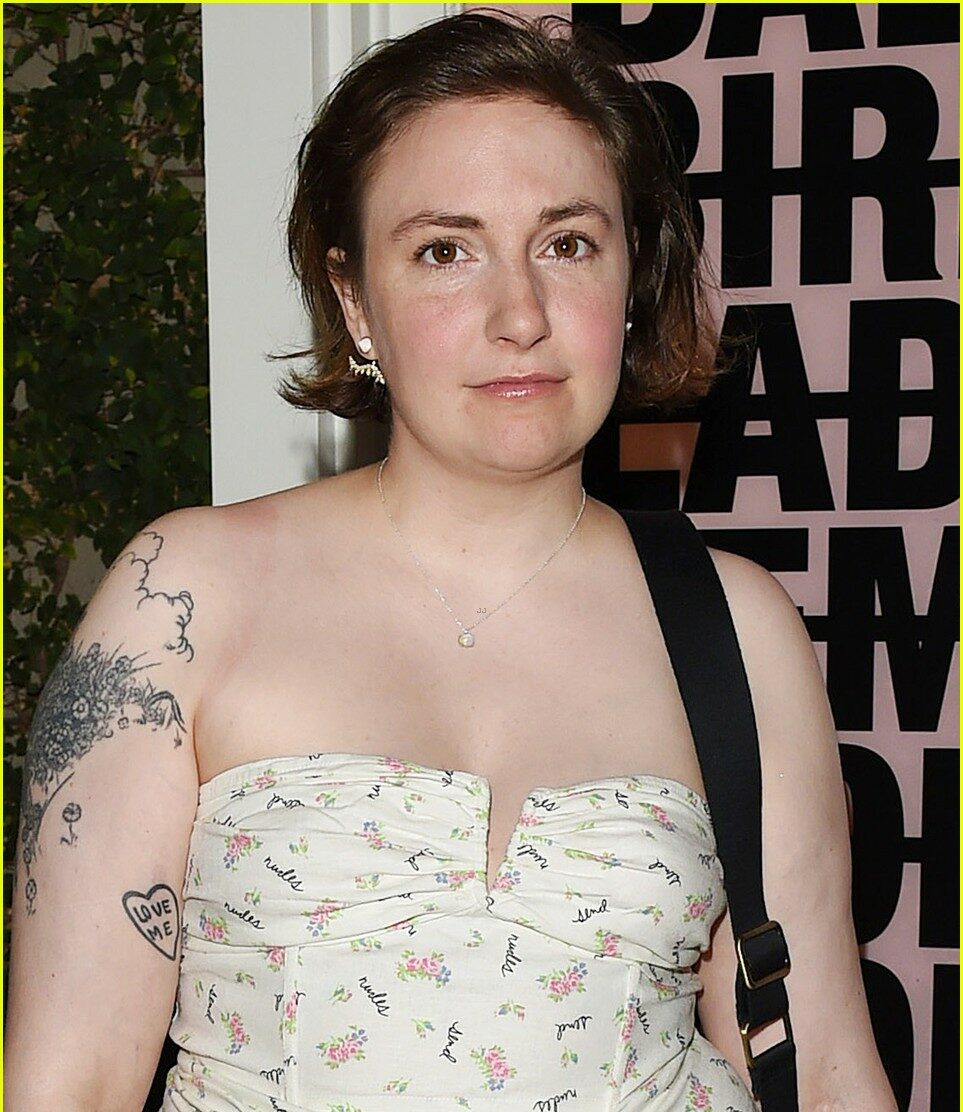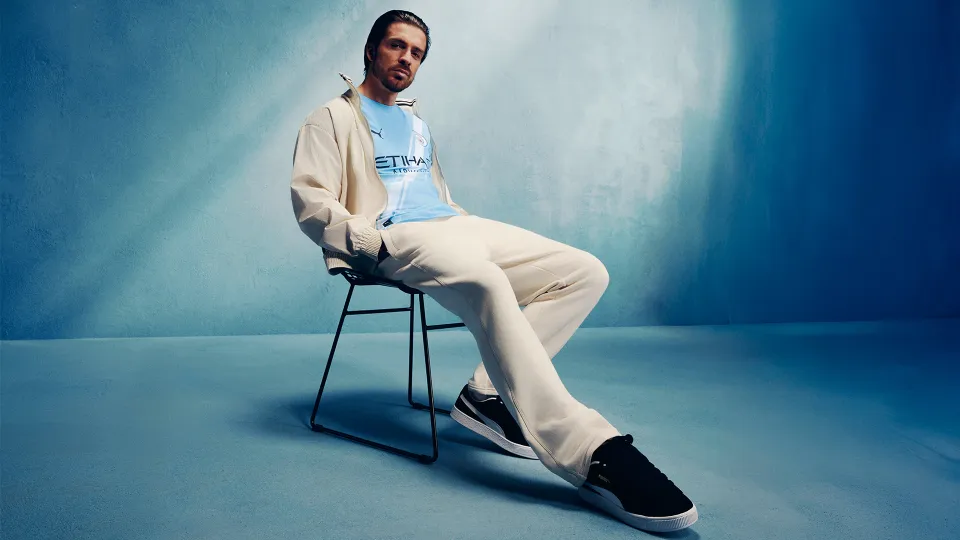After a notable hiatus from television, Lena Dunham is making a triumphant and deeply personal return to the small screen with Too Much, her latest project set to premiere on Netflix on July 10. The new series signals a maturation in both tone and substance, underscoring Dunham’s growth as a storyteller and showrunner since her seminal HBO series, Girls.
Casting by DM: The Unconventional Beginning
It all began with a direct message. Megan Stalter, the breakout comedic star of Hacks, received an unexpected Instagram DM from none other than Lena Dunham. A longtime fan of Girls, Stalter was initially skeptical. But the message was real, and so was the opportunity: Dunham offered her the lead role in Too Much—a part written specifically for her. Andrew Scott had shared Stalter’s viral videos with Dunham, sparking a collaboration that would soon evolve into one of the most talked-about series of the year.
Lena Dunham’s Career Evolution
Dunham, who created and starred in Girls at just 23, hasn’t been idle in the intervening years. She directed the acclaimed film Catherine Called Birdy, co-created the short-lived HBO show Camping, and directed the pilot for Industry. She’s also published books and married musician Luis Felber—who now joins her as a co-creator on Too Much. Dunham returns to TV more in control and self-assured, opting to stay behind the camera this time.
Plot Overview: Love, Disillusionment, and Self-Discovery
At its core, Too Much is a romantic dramedy filtered through a realist lens. The show follows Jessica (Stalter), a thirty-something New Yorker devastated by a recent breakup. Her job—supporting filmmakers on commercial sets—takes her to London, where she attempts to start over. Misunderstandings abound, like believing her “estate”-style apartment would resemble a Jane Austen novel, only to discover it’s British public housing. But amid the chaos, she stumbles upon Felix (Will Sharpe), a brooding musician, sparking an intense and complicated love story.
A Romantic Comedy With Depth
While Too Much is packed with the hallmarks of a traditional rom-com—chance encounters, longing glances, quirky meet-cutes—it subverts the genre by delving into the emotional baggage that adults carry into new relationships. Dunham describes it as a story where “baggage just keeps coming out like a Mary Poppins bag.” Jessica’s journey is as much about healing from the past as it is about embracing the future.
Separating Fact From Fiction
Though inspired loosely by Dunham’s experiences, Too Much is far from autobiographical. As Dunham puts it, “My least favorite thing would be if people were to try to Baby Reindeer it.” Jessica’s character is a mosaic of stories, emotions, and experiences shared by many women in their 30s. The show’s power lies in its relatability rather than its accuracy to any one person’s life.
Dunham’s Vision: Total Creative Control
Unlike Girls, where she shared creative control, Dunham is the primary visionary behind Too Much. She directed eight of the ten episodes and had final say on scripts and story arcs. Her creative stamp is unmistakable, blending sharp humor with melancholic introspection. Even when she wasn’t directing a scene, her presence loomed large. As Will Sharpe notes, she was constantly generating ideas, refining scripts, and rewriting dialogue on the fly.
Casting Chemistry: Stalter and Sharpe
Stalter and Sharpe’s chemistry is central to the series’ emotional resonance. Sharpe, known for his role in The White Lotus, brings depth to Felix, a character partially inspired by Felber but ultimately his own entity. He reflects on how the character came into his own over the course of filming, transforming from inspiration to full realization. Their dynamic is heightened by Dunham’s hands-on direction, which carefully guided every interaction.
A Spiritual Kinship On Set
On set, Stalter and Dunham formed a powerful creative bond. Their relationship transcended director and actor; they became confidantes, giggling and gossiping like teenage best friends. Dunham eventually cast herself as Jessica’s sister, an unplanned but emotionally charged decision born from this connection. The entire production seemed to feed off their shared energy.
An Intimate Family Portrait
Before Jessica heads to London, Too Much introduces her home life with her sister, mother (Rita Wilson), and grandmother (Rhea Perlman). These scenes are rooted in Dunham’s own family history, down to the set designs inspired by her grandmother’s house. The family dynamics offer grounding emotional context and enhance the show’s realism.
Redefining Megan Stalter
Too Much marks a pivotal point in Stalter’s career, transitioning from comedic supporting roles to emotionally layered lead performances. She felt the pressure but also the privilege of working under Dunham’s direction. The show features several intimate scenes that are as emotionally complex as they are physically revealing. All of these moments were storyboarded, meticulously planned, and supported by an intimacy coordinator.
Realism in Romance
The series doesn’t just explore the bliss of new love; it also confronts the ghosts of old relationships. Jessica’s past is embodied in her ex-boyfriend, played by Michael Zegen, a cruel yet familiar character drawn from dozens of real-life inspirations. Dunham emphasizes that this character is not based on any one individual but rather represents a composite of emotionally damaging relationships.
Structural Experiments and Emotional Risks
Too Much is structurally adventurous. One episode is set entirely in Jessica’s apartment during a long night with Felix, while another dives into an extended flashback. Janicza Bravo directs the eighth episode, creating a visually distinct experience within the show’s universe. Dunham relishes these stylistic freedoms, made possible by Netflix’s hands-off approach.
The Streaming Landscape: A Different World
Dunham’s return comes at a time when TV is dominated by algorithms and cost-cutting. Yet Too Much feels defiantly handcrafted. There’s no procedural hook or guaranteed murder mystery. Instead, it’s grounded in character and dialogue. Dunham cites The White Lotus and The Pitt as kindred spirits, shows that prioritize nuanced storytelling over formula.
Hope for the Future
While Dunham hopes Too Much earns a second season, she’s realistic about the nature of modern TV. She now operates under the mantra: “If you feel it, go for it. You don’t get six seasons of everything.” Even if the show only gets one season, it will stand as a potent reminder of Dunham’s unique voice.
Early Reactions: The Calm Before the Storm
So far, only a few people have seen the show: Dunham’s parents (who offered conflicting feedback), and a friend who could only remark, “Will Sharpe is hot.” But public reaction is just around the corner, and given Dunham’s history, it’s likely to be passionate and polarizing.
Conclusion: A Triumphant Return
Too Much is more than just a comeback; it’s a statement. Lena Dunham is no longer the 23-year-old provocateur of Girls. She’s a seasoned, emotionally attuned artist with a deep understanding of the human experience. Through Jessica’s story, Dunham invites viewers to embrace their baggage, celebrate their complexity, and find beauty in emotional messiness.
This is the kind of show that might not shout—but it lingers, comforts, and quietly challenges. And in the noisy landscape of 2025 television, that is its own kind of rebellion.






